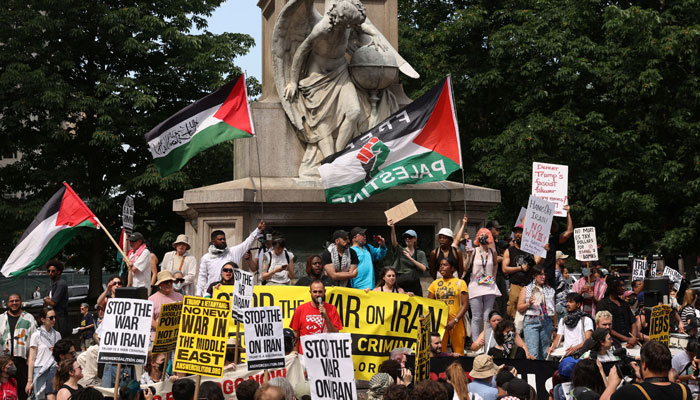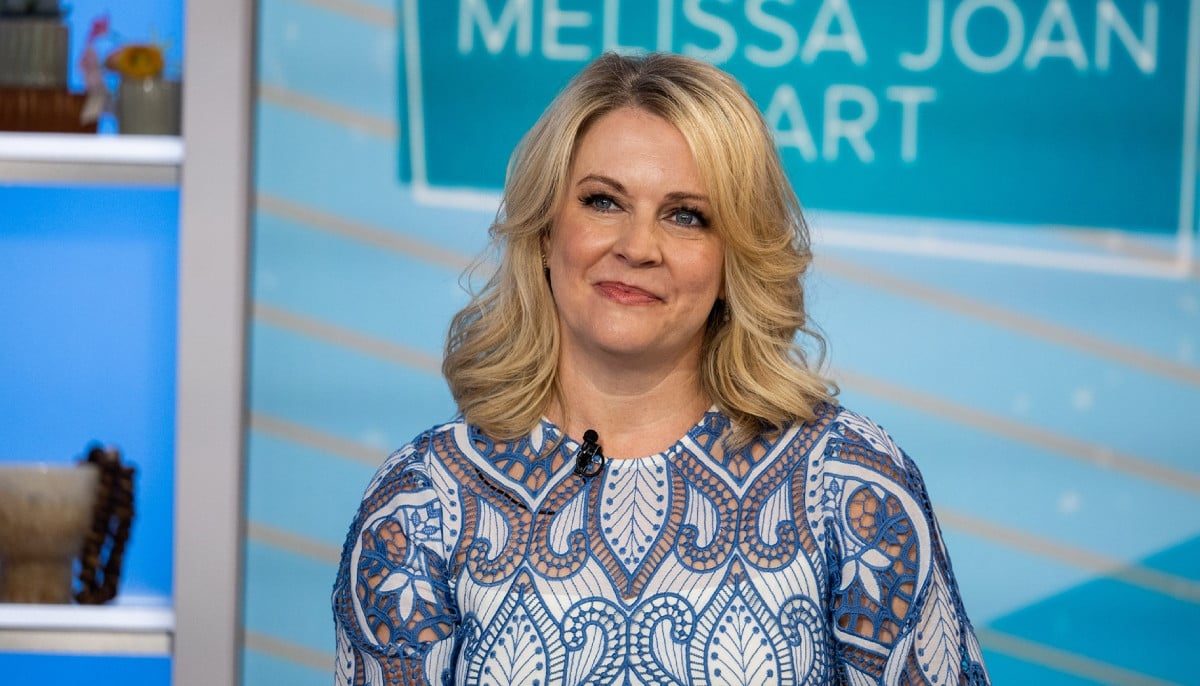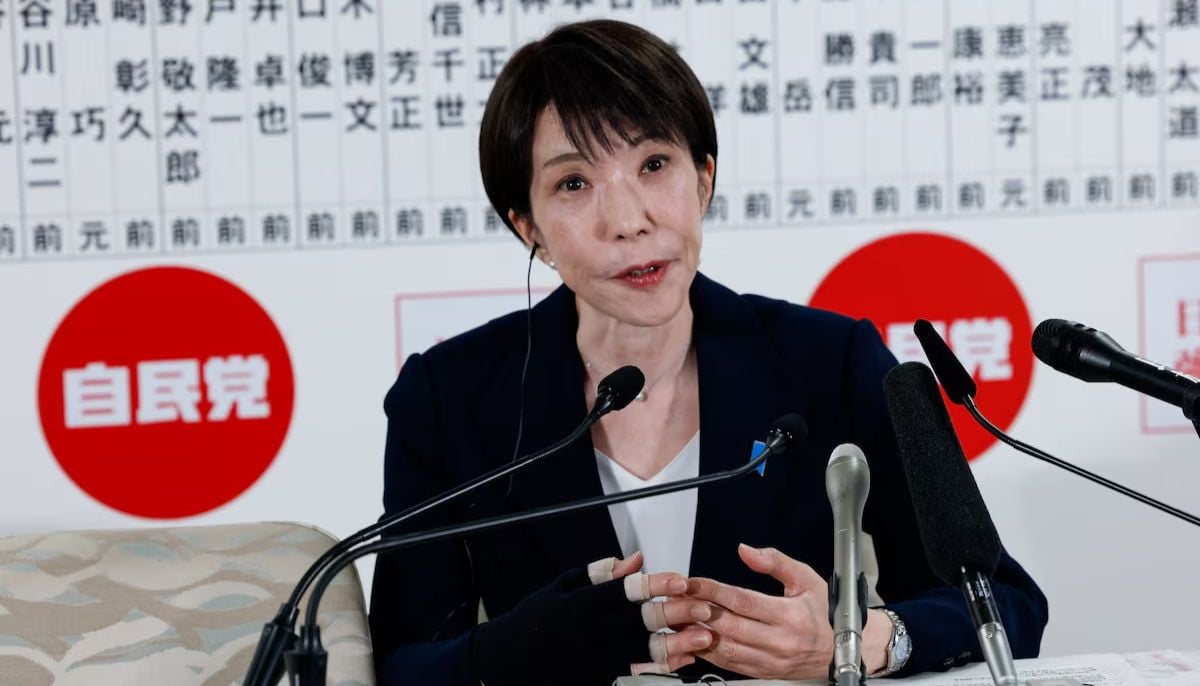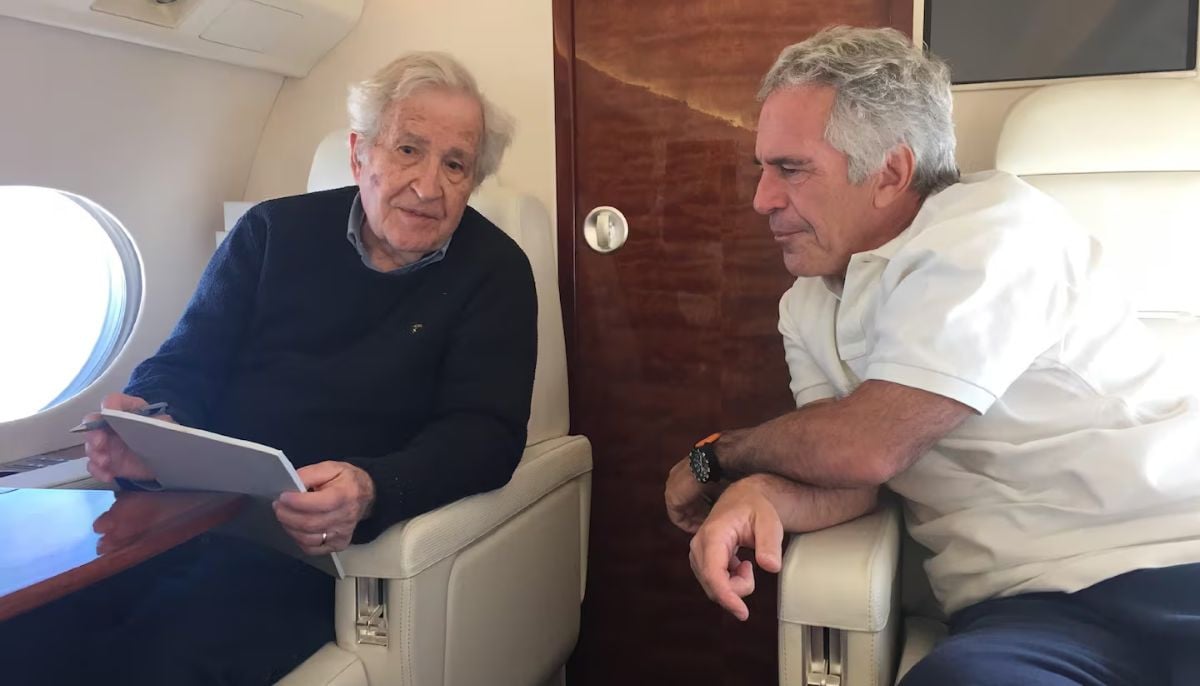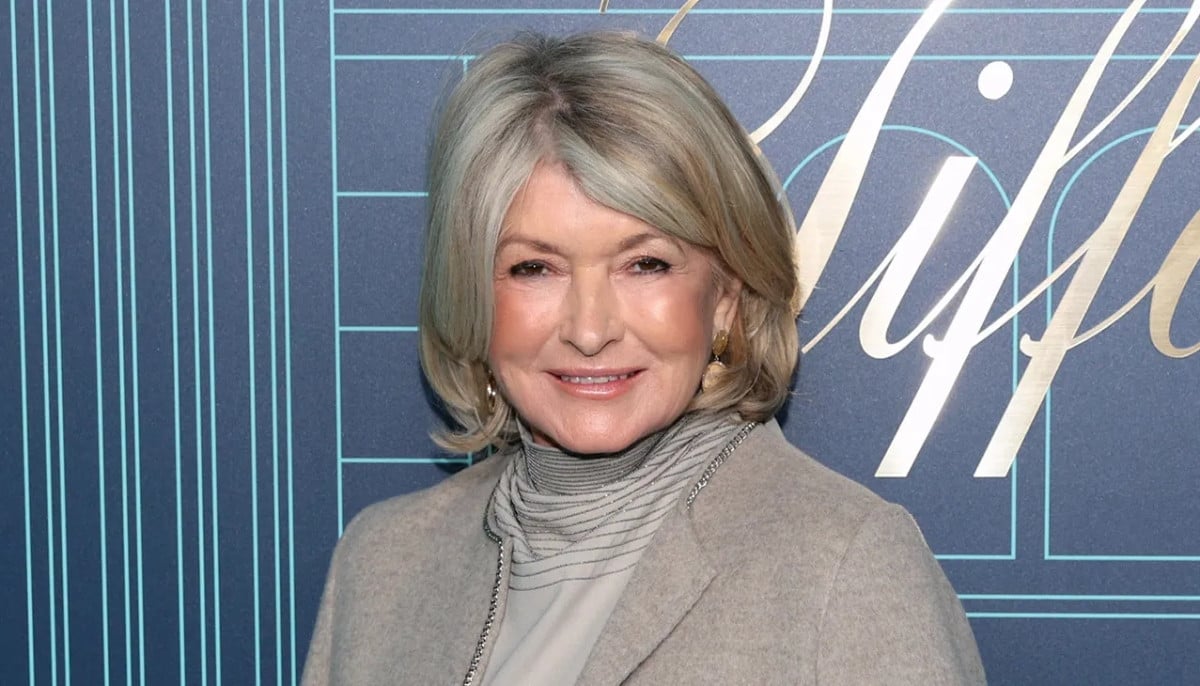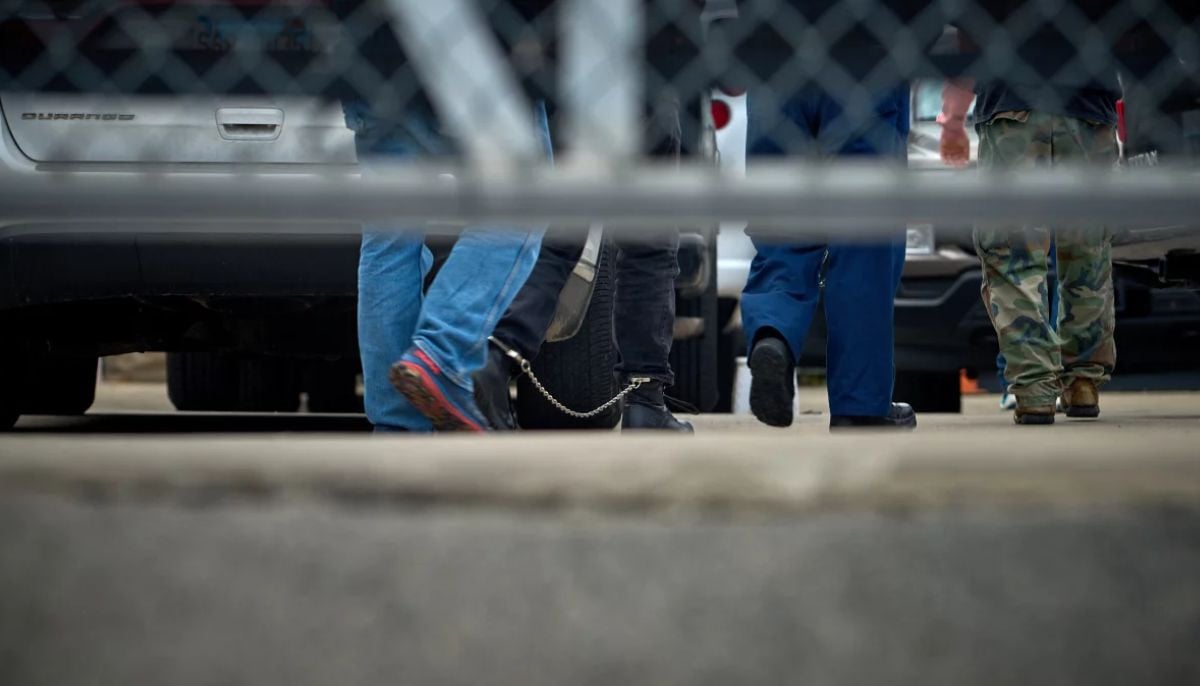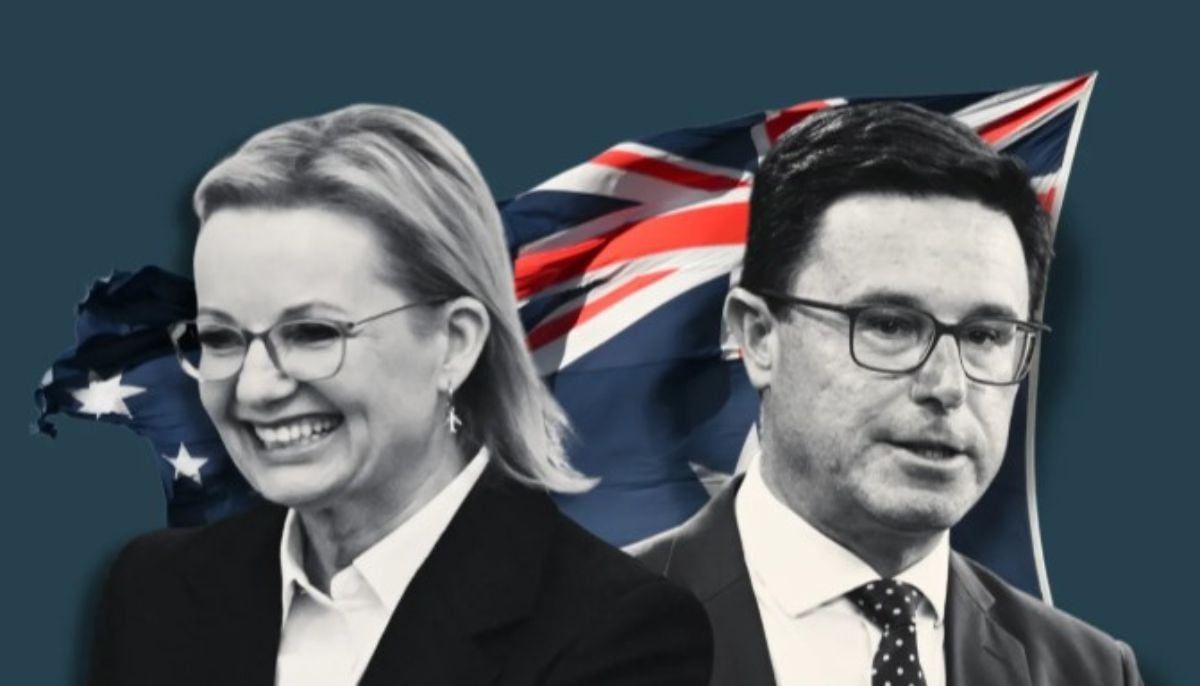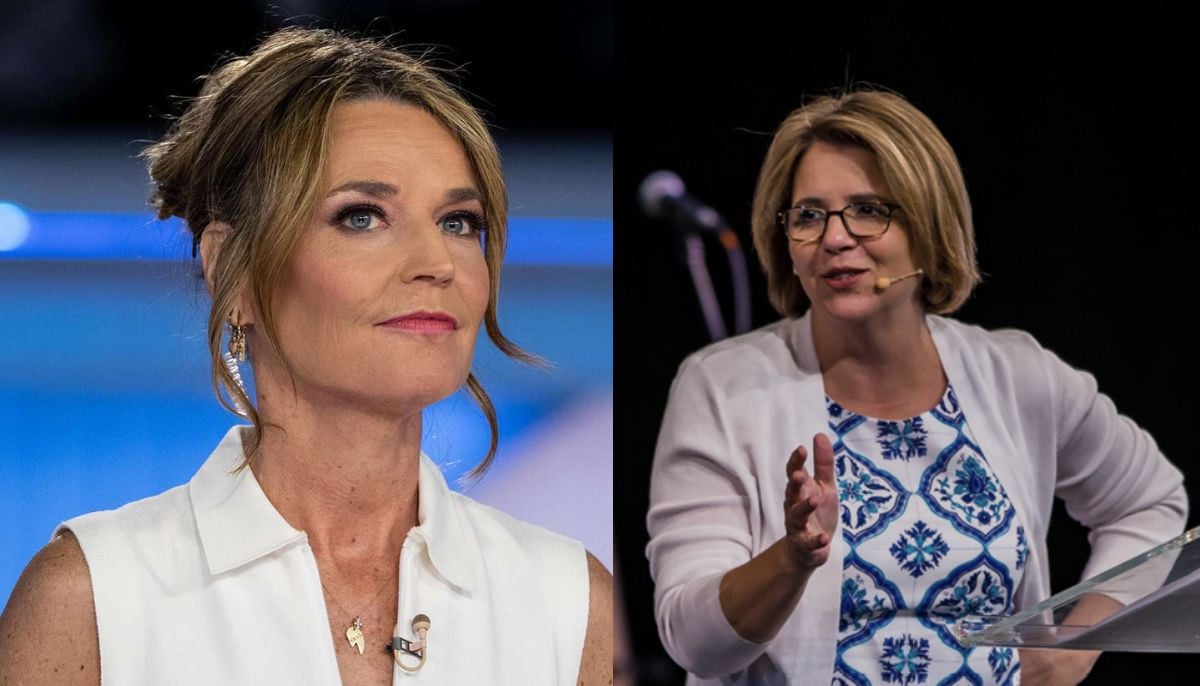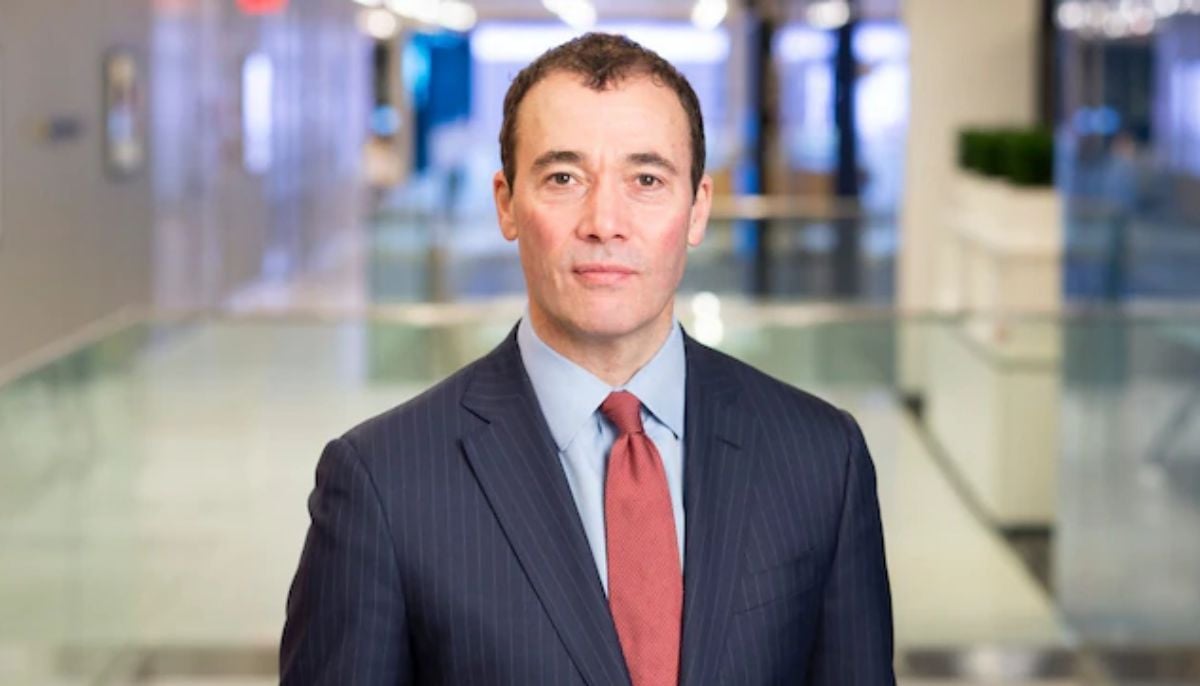WEF sounds alarm over mounting global instability
WEF president says world witnessing "most complex" geopolitical and geo-economic situation in decades
President and CEO of the World Economic Forum (WEF) Borge Brende warned Tuesday that the world is grappling with its "most complex" geopolitical and geo-economic landscape in decades, a situation that is significantly "impacting global growth".
Brende issued the stark warning ahead of the multilateral forum's meeting in the northern Chinese city of Tianjin, often referred to as the "Summer Davos."
"It is the most complex geopolitical and geo-economic backdrop we've seen in decades," Brende told AFP on Tuesday. He further cautioned that a failure to revive economic expansion could unfortunately lead to "a decade of lower growth."
The WEF meeting in Tianjin is set to host officials, including Singaporean Prime Minister Lawrence Wong.
This gathering takes place amidst a backdrop of escalating international tensions, notably the recent involvement of the United States in the Iran-Israel conflict. The global economy has also been contending for months with the repercussions of a tariff war initiated by United States President Donald Trump.
Brende told AFP it was still too soon to predict the impact of Trump's swingeing tariffs.
It is "too early to say what these tariffs will end with because the negotiations are still ongoing", he said.
"I think the jury is still out, but the traditional globalisation we saw is now changed into a different system," he said. "That is a new chapter... especially since trade was the engine of growth."
Brende also warned mounting conflict could have a "very negative impact" on global growth.
-
Martha Stewart on surviving rigorous times amid upcoming memoir release
-
18-month old on life-saving medication returned to ICE detention
-
Cardi B says THIS about Bad Bunny's Grammy statement
-
Chicago child, 8, dead after 'months of abuse, starvation', two arrested
-
Funeral home owner sentenced to 40 years for selling corpses, faking ashes
-
Australia’s Liberal-National coalition reunites after brief split over hate laws
-
Savannah Guthrie addresses ransom demands made by her mother Nancy's kidnappers
-
Washington Post CEO William Lewis resigns after sweeping layoffs
